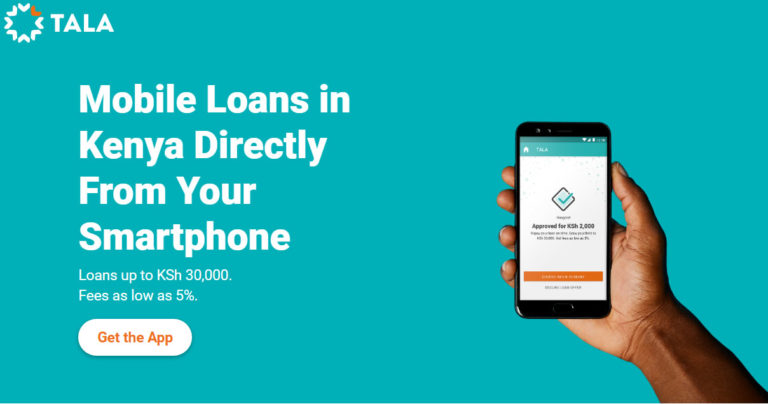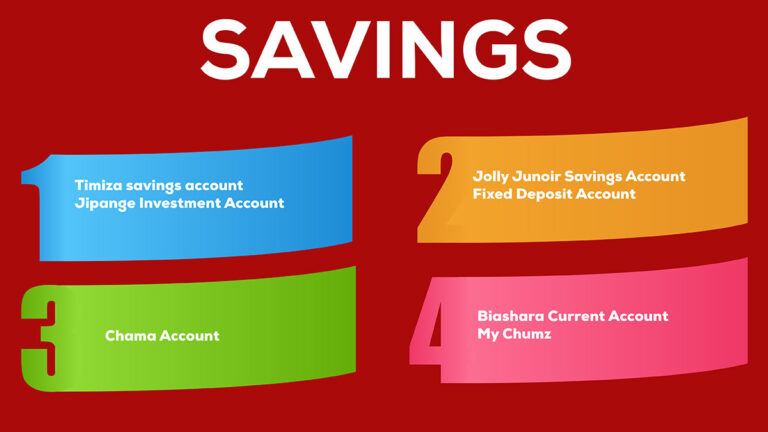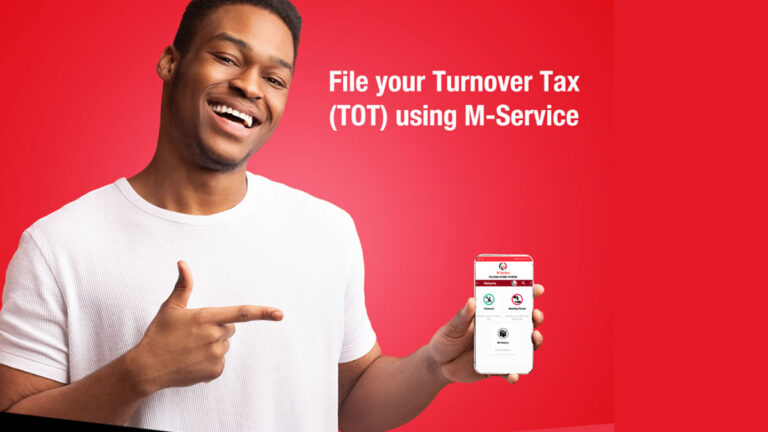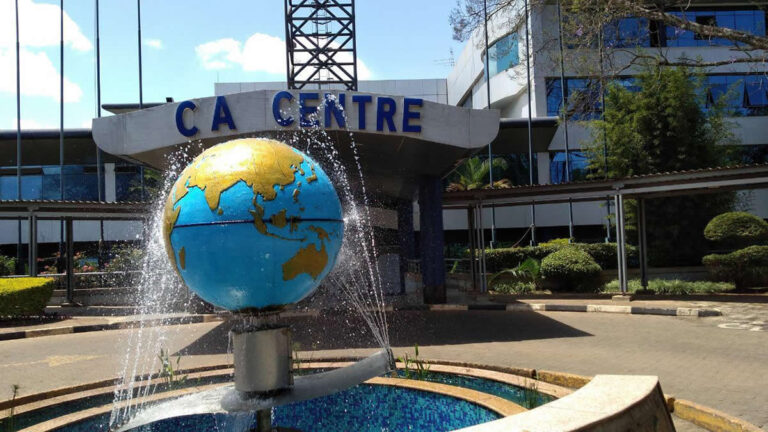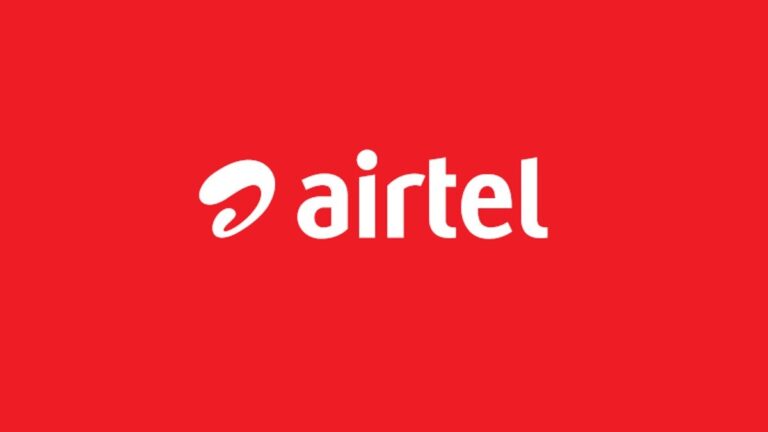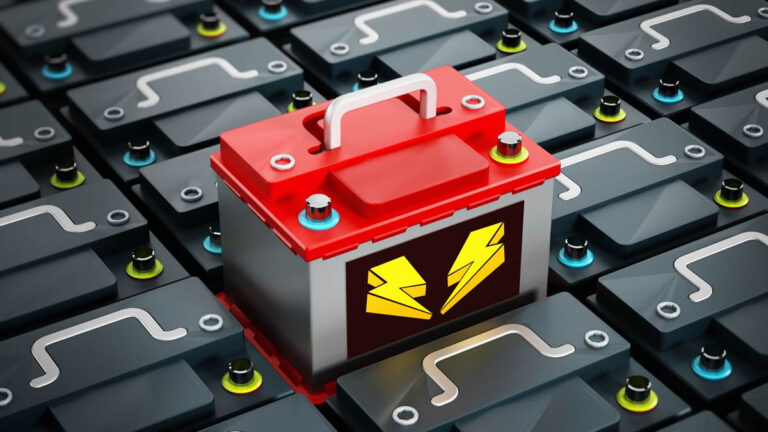Just recently, the Kenya Ferry Services and Safaricom inked a deal in which customers would be able to pay for services offered using MPESA. The deal targets motorists who have to pay every time they use ferry services and since MPESA is widely used, payments will be simplified removing previous hiccups such as requiring to have exact change and of course handling cash.
MPESA has managed to graduate into becoming a household name with almost every business now allowing customers to pay via the mobile wallet. Because of its simplicity and enormous adoption across the country including private and government sectors, MPESA enjoys more than 90 percent of the market share and agents can be found just about any corner of the country.
Speaking on the deal, the Kenya Ferry Services Managing Director Bakari Gowa said the solution would allow customers to pay via MPESA acknowledging the firm’s intention to change with times and serve customers better. Gowa further said the deal would increase speed and efficiency as they move to automate most functions of the ferry services including issuance of passes.
Safaricom’s Chief Executive Officer Peter Ndegwa on his part acknowledged how MPESA had managed to convince Kenyans and become the most preferred payment method owing to its speed convenience and simplicity. Ndegwa also highlighted how MPESA had enabled Kenyans to keep themselves safe by shunning handling cash and instead using cashless option to complete their transactions.
Ndegwa also pointed out the company was We are delighted to forge the partnership with the Kenya Ferry Services to enable payments that are quick, easy and on-the-go as customers interact with the ferry services. The Kenya Ferry Services carry over 300,000 pedestrians and more than 6,000 vehicles daily across the Likoni channel.
How to pay for Ferry services using MPESA
- On your phone, dial *721# then press “Call”
- Choose between Ferry pass for Mombasa to Likoni or Likoni to Mombasa
- Select Vehicle type from the options i.e., 1 for Car
- Then Select the amount from the menu depending on whether the vehicle is loaded, empty or towing
- At the moment Kenya ferry services charges Ksh. 120 for an empty car, Ksh. 180 for a loaded one and Ksh. 300 for towing
- Confirm the transaction


